|
|
|
|
Nau mai, haere mai.
As omens go, Winston Peters’ claim that he failed to reply to a text from David Seymour because it felt “fake” doesn’t bode particularly well for the government formation process now under way.
One might have thought the parties seeking a governing arrangement might have had back channels already open for staffers to coordinate timetables and organise meetings – or at least verify the authenticity of a mobile phone number.
Still, as a pre-negotiation tactic it was vintage Peters. Now in the box seat as kingmaker after final election results sank the chances of a simple National-ACT deal, the veteran campaigner will likely be a handful for both other party leaders.
As Richard Shaw wrote this week, the last time NZ First put National in office (after the first MMP election in 1996), it took two months of negotiations and produced the most detailed coalition agreement the country has seen.
Back then, Peters was dealing with two political peers in National’s Jim Bolger and Labour’s Helen Clark. That is far from the case now, as Shaw points out: “Indeed, the last time Peters sat down to hammer out a deal with the National Party, Luxon was just three years into his time at Unilever and Seymour was 13 years old.”
In the meantime, there is and will be plenty more to read here, including this urgent appeal for an end to mixed-gender wards in our hospitals on the grounds the practice is unsafe and unethical. Until next week, mā te wā.
|

|
Finlay Macdonald
New Zealand Editor
|
|
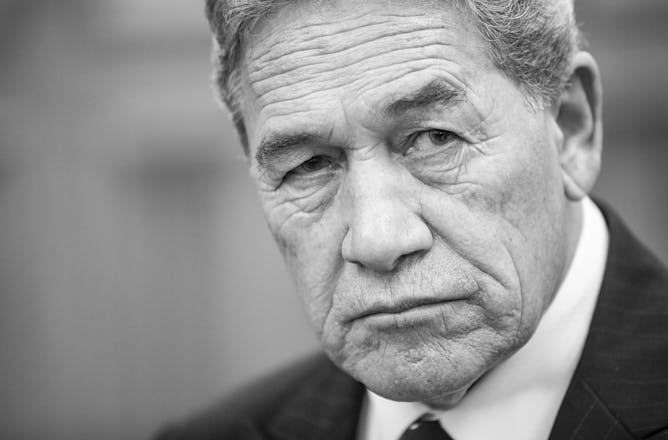
Richard Shaw, Massey University
National and ACT will need to get past their animosity towards NZ First, and its mercurial leader Winston Peters, if the right wing coalition is to have any hope of forming a government.
|

Cindy Towns, University of Otago; Angela Ballantyne, University of Otago
Many patients prefer single-gender hospital rooms. For women, this preference often comes from fear, while male patients are concerned with dignity.
|
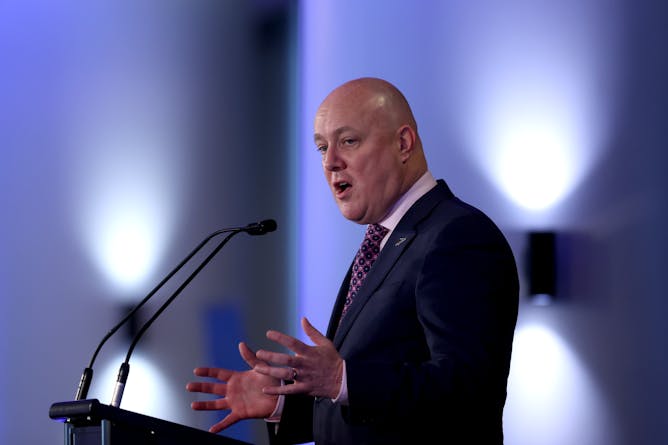
Adrian Beaumont, The University of Melbourne
Coalition talks can now start in earnest after the final results for the 2023 election were released.
|
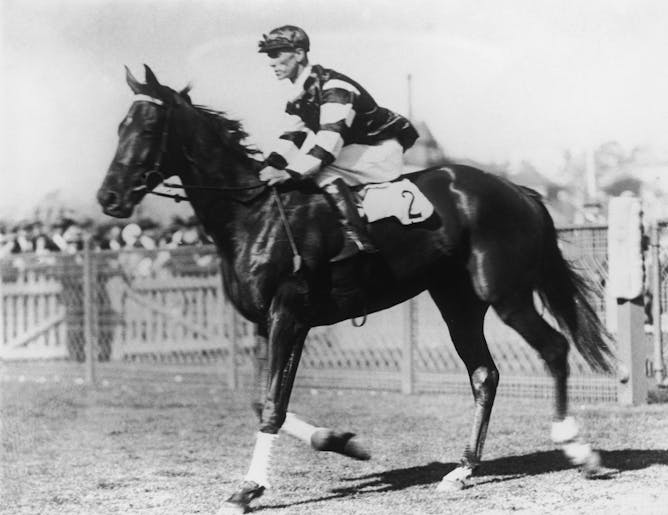
Katie Pickles, University of Canterbury
Phar Lap’s famous 1930 Melbourne Cup victory united Australia and New Zealand in celebration. Almost a century on, people still flock to visit his remains, on display at three different museums.
|
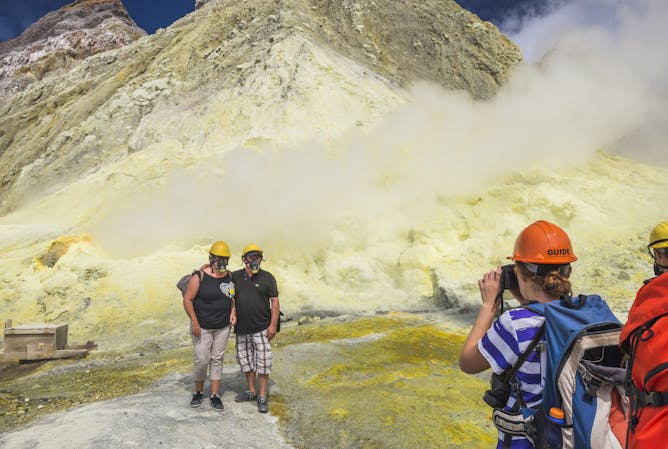
Freya Higgins-Desbiolles, University of South Australia; James Higham, Griffith University
Everyone involved in the tourism industry will need to manage risk differently after a court found the landowners of Whakaari/White Island guilty of breaching the Health and Safety at Work Act.
|

David Ackerley, Te Herenga Waka — Victoria University of Wellington
Bacterial DNA extracted from soil includes many genes whose function remains unknown. The novel enzymes these genes code for could be useful in efforts to clean up persistent pollutants.
|
From our foreign editions
|

Cathrynne Henshall, Charles Sturt University
Horses naturally synchronise their running in groups – but ‘racing’ and ‘winning’ are human concepts.
| |
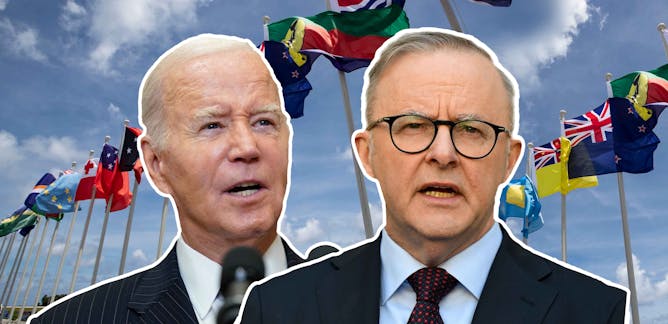
Henryk Szadziewski, University of Hawaii; Graeme Smith, Australian National University
While the US is still primarily focused on countering Chinese influence in the region, Australia is making a real impact with its Pacific Engagement Visa.
|

Nataliya Ilyushina, RMIT University
The COVID pandemic has exacerbated staff shortages in health care. We need to think about how we can better retain staff in this sector.
| |

Adam Behr, Newcastle University
This new last Beatles song, enabled in part by AI, demonstrates the importance of the profound and lasting connections between the four musicians.
|

Lori Campbell, University of Regina
The CBC report on iconic singer Buffy Sainte-Marie’s ancestry is having deep impact in multiple ways across Indigenous lands across Canada.
| |

Adrien Ratsimbaharison, Benedict College
A peaceful power transition would be a sign of a maturing democracy.
|

Geoff Beattie, Edge Hill University
Elite groups often become trapped in echo chambers.
| |

Laura Lander, King's College London; Grazia Todeschini, King's College London
More and more motorists are opting for bigger EVs – but there are several environmental concerns to consider.
|
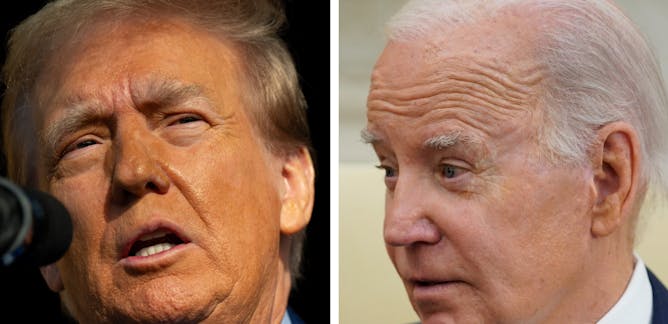
Mary Kate Cary, University of Virginia
Many years beyond the average American retirement age, politicians vie for power and influence. Their constituents tend to prefer they step back and pass the torch to younger people.
| |

Cindi May, College of Charleston
Synchronizing your daily activities to your circadian rhythm could help you improve your performance on a variety of cognitive tasks − and even influence diagnosis of cognitive disorders.
|
|
|
| |
| |
| |
| |
|
|
|
|
|
|
|